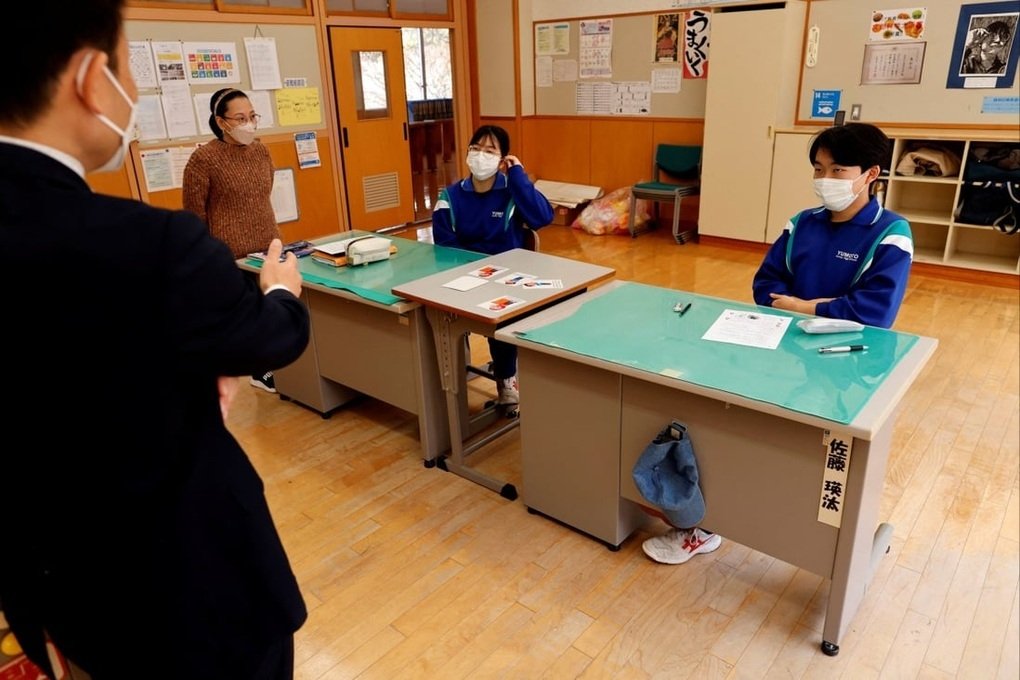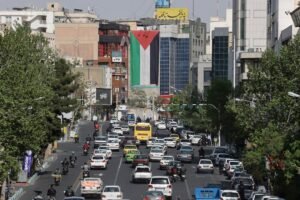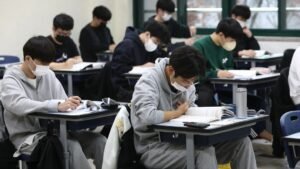
Japan: Population decline, 450 schools close each year because there are no students 0
(Dan Tri) – An average of 450 schools in Japan close each year because of the declining birth rate, leading to educational institutions with no students to teach.
Eita Sato (right) and Aoi Hoshi attend their final English class at Yumoto Middle School in Ten-ei village, Fukushima Prefecture, Japan (Photo: Reuters).
When Eita Sato and Aoi Hoshi completed their middle school graduation, they became the last students at Yumoto High in a mountainous region of northern Japan.
`We heard rumors about school closing in our second year of high school, but I didn’t imagine it would actually happen. I was shocked,` said 15-year-old Eita.
As Japan’s birth rate falls faster than expected, the pace of school closures has also increased, especially in rural areas such as Ten-ei, in Fukushima Prefecture.
Prime Minister Kishida Fumio has pledged to launch `unprecedented measures` to increase the birth rate, including doubling the budget for child-related programs, and said maintaining an educational environment is important.
`If we keep things as they are, this country will disappear,` Ms. Mori commented.
Responding to Bloomberg, advisor to Prime Minister Kishida Fumio, Ms. Masako Mori, warned in March that Japan could `disappear` if the country did not take measures to overcome the sharp decline in birth rate in recent years.
The number of babies born in 2022 fell below 800,000, a record low since Japan began statistics.
Government statistics show that every year 450 schools in Japan have to close because there are no children enrolling.
Experts warn that rural school closures will widen regional disparities across the country and put remote areas under more pressure.
`The school closure means the community will become unsustainable (for settlement),` said Touko Shirakawa, a sociology lecturer at Sagami Women’s University.
The Ten-ei government will discuss reusing schools that are about to be closed.
Aoi, who dreams of becoming a kindergarten teacher in her hometown, will study at a different school from Eita starting in April.
`I don’t know if there will be any children in the village when I become a teacher. But if there are, I want to return to my hometown to work,` Aoi said.






